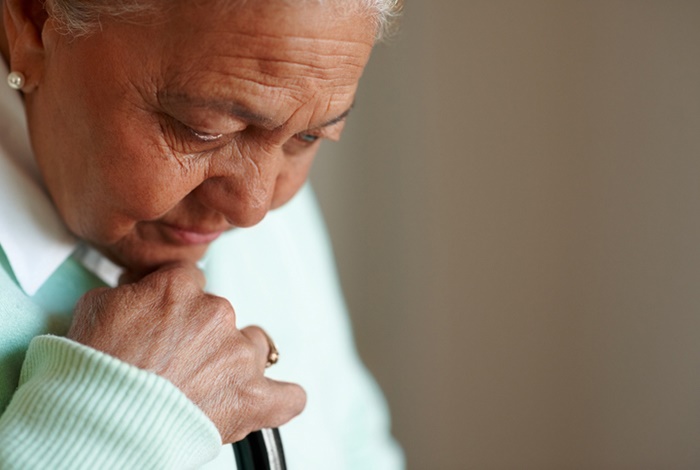
After the tragic loss of her son and a financial disagreement with the mother of her grandson, a local grandmother says she has been denied contact with her grandson.
Sharing her story with Parent24, she is now seeking advice on how to go about reestablishing her relationship with her grandchild without taking the legal route.
She writes:
I lost my son due to a reckless taxi driver. At the time, his girlfriend was pregnant and gave birth to a beautiful baby boy. Since then, we have been supporting them both financially and in any other way we could.
We had him over for weekends since he was three months old and on all my off days whether it was weekdays or over a weekend. After he was born, I lodged a claim for my grandchild with the Road Accident Fund (RAF).
A year went past, and we hadn't heard from the lawyers. On a regular basis, I requested from the mother that we go and find out what was going on which she ignored.
My husband and I went to the lawyers to find out what happened to the claim whereby we were informed that the mother had been in regular contact with them. The claim was approved but the lawyers are fighting for more. We then had a meeting with her and her mother to find out why they were going behind our backs.
After this meeting attempts to see our grandchild was denied and ignored. We don't want to go to court for visiting rights as we have already been fighting over my son’s RAF case for three years. All we want is to see our grandchild.
Please advise us on what to do because he is all we have of our son.
'Mediators are well prepared for these types of situations'
We spoke to two local experts and both agree that, without taking legal action, the grandmother's only alternative is mediation.
"It is always preferable in matters involving children or family disputes to first commence with some attempt at mediation prior to the involvement of a court," attorney Deborah Di Siena, senior and founding partner of Di Siena Attorneys, tells Parent 24.
Mediation is geared towards the resolution of disputes, Di Siena explains, and allows parties to reach an outcome that is "mutually beneficial".
Family law mediator and founder of Minor Impact, Rushka Pedro, agrees and advises that the grandmother could either approach her grandson's mother about resolving their dispute via a mediator, or she could get in touch with a mediator to initiate the process.
"Some parties won't appreciate an outsider contacting them about a family matter, however, mediators are well prepared for these types of situations," she notes.
From here, the mother of the baby could either reject or accept the request to resolve the dispute. She is not legally obligated to accept.
The mediation process
On what to expect, Pedro says that given the pandemic, the process will most likely take place via online communication.
"We start with a very candid discussion and we speak openly and freely. We establish what the crux of the matter is, and we take it from there. We iron out all the underlying problems and we put together a solid Parental Rights and Responsibility Agreement. This will stipulate all the dos and don'ts pertaining to the child. We draft it in a way that will prevent any future conflict and so that all parties are happy. This agreement is then made in order of court and then formalised."
Pedro says once this document is finalised, it is legally binding, and any violation of the terms agreed upon in the document will be dealt with in Family Court.
Legal action
If mediation does not go to plan, Di Siena says that the grandmother would have to settle the matter in court.
"In terms of Section 23 and 24 of the Children’s Act, any third party who has an interest in the care, well-being or development of a child may apply to the High Court or the Children’s Court for an order for care or contact with a minor child," she says.
The court will take into account factors, such as:
- the best interests of the minor child;
- the relationship between the applicant, any other relevant person and the child;
- the degree of commitment that the applicant has shown towards the child;
- the extent to which the applicant has contributed towards expenses in connection with the birth and maintenance of the child;
- any other factor which in the opinion of the court ought to be taken into consideration.
If successful, which Di Siena says she believes the grandmother "should have no issues in obtaining such a court order", the grandmother will then be a co-holder of parental rights and responsibilities in respect of the child.
Chatback:
Share your stories and questions with us via email at chatback @ parent24.com. Anonymous contributions are welcome.
Don't miss a story!
For a weekly wrap of our latest parenting news and advice, sign up to our Friday Parent24 newsletter.




 Publications
Publications
 Partners
Partners














